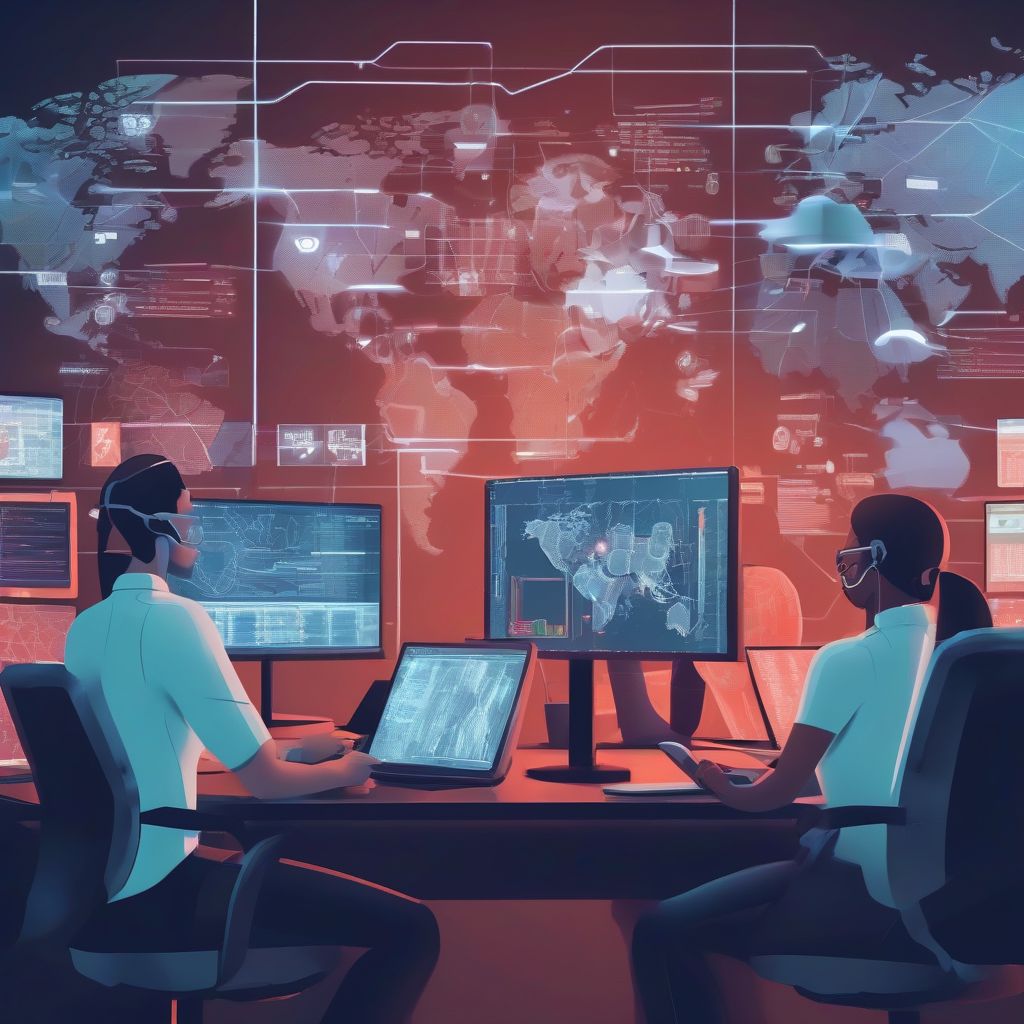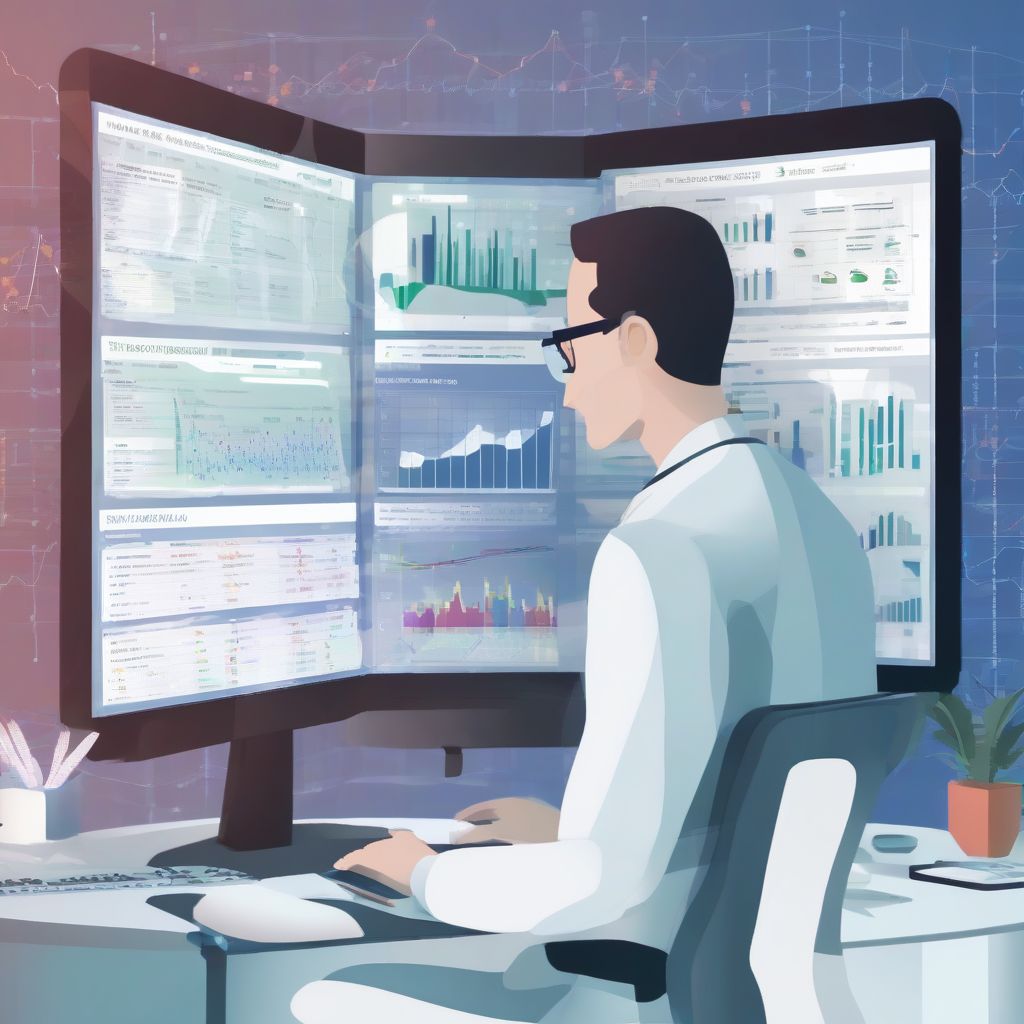
In an era defined by digital transformation, the healthcare industry faces a critical challenge: safeguarding sensitive patient data from the ever-evolving threat of cyberattacks. This is where healthcare cybersecurity takes center stage.
Understanding the Importance of Healthcare Cybersecurity
Healthcare cybersecurity encompasses the technologies, practices, and strategies implemented to protect electronic health information (EHI) from unauthorized access, use, and disclosure. This includes a wide range of data, from medical records and treatment plans to billing information and insurance details.
The importance of robust healthcare cybersecurity cannot be overstated. Consider these alarming facts:
- The healthcare industry is a prime target for cybercriminals. EHI is highly valuable on the black market, fetching significantly more than stolen credit card information.
- Data breaches can have devastating consequences. Beyond financial losses, healthcare organizations face regulatory fines, reputational damage, and erosion of patient trust.
- The rise of connected medical devices introduces new vulnerabilities. From insulin pumps to pacemakers, these devices rely on software and internet connectivity, expanding the attack surface for hackers.
Common Healthcare Cybersecurity Threats and Vulnerabilities
To effectively combat cyber threats, it’s essential to understand the common tactics employed by attackers:
- Phishing attacks: Deceptive emails or messages designed to trick individuals into revealing sensitive information.
- Ransomware: Malicious software that encrypts data, rendering it inaccessible until a ransom is paid.
- Malware: Software designed to disrupt systems, steal data, or gain unauthorized access.
- Insider threats: Security risks posed by individuals within an organization, whether intentional or accidental.
- Unpatched software and outdated systems: Exploiting vulnerabilities in software that hasn’t been updated with the latest security patches.
Best Practices for Strengthening Healthcare Cybersecurity
Protecting patient data and ensuring the integrity of healthcare systems demands a multi-faceted approach:
- Implement strong passwords and multi-factor authentication: Enforce complex passwords and add an extra layer of security by requiring users to provide multiple forms of verification.
- Provide regular cybersecurity awareness training: Educate staff about potential threats, best practices, and how to identify and report suspicious activity.
- Maintain up-to-date software and security systems: Regularly update all software and operating systems with the latest security patches to address known vulnerabilities.
- Conduct regular risk assessments and vulnerability scans: Proactively identify weaknesses in the system and address them before they can be exploited.
- Develop and rehearse incident response plans: Establish clear procedures for responding to security incidents to minimize damage and downtime.
thucphamhoangkim.com/wp-content/uploads/2024/08/cybersecurity-team-working-66b6dc.jpg" alt="Cybersecurity Team Collaboration" width="1024" height="1024">Cybersecurity Team Collaboration
The Future of Healthcare Cybersecurity: Staying Ahead of the Curve
As technology continues to evolve, so too will the sophistication of cyber threats. Healthcare organizations must remain vigilant and proactive in their cybersecurity efforts. This includes:
- Embracing emerging technologies: Exploring the potential of artificial intelligence (AI), machine learning, and blockchain in bolstering cybersecurity defenses.
- Fostering collaboration and information sharing: Participating in industry forums and sharing threat intelligence to stay informed about the latest attack vectors and defense strategies.
Healthcare cybersecurity is not merely an IT issue; it’s a shared responsibility that demands a comprehensive and collaborative approach. By understanding the risks, implementing robust security measures, and fostering a culture of cybersecurity awareness, the healthcare industry can better protect sensitive patient data and ensure the continued integrity of critical healthcare systems.
For more insights into safeguarding health and medical information, we encourage you to explore the wealth of resources available on our website.


